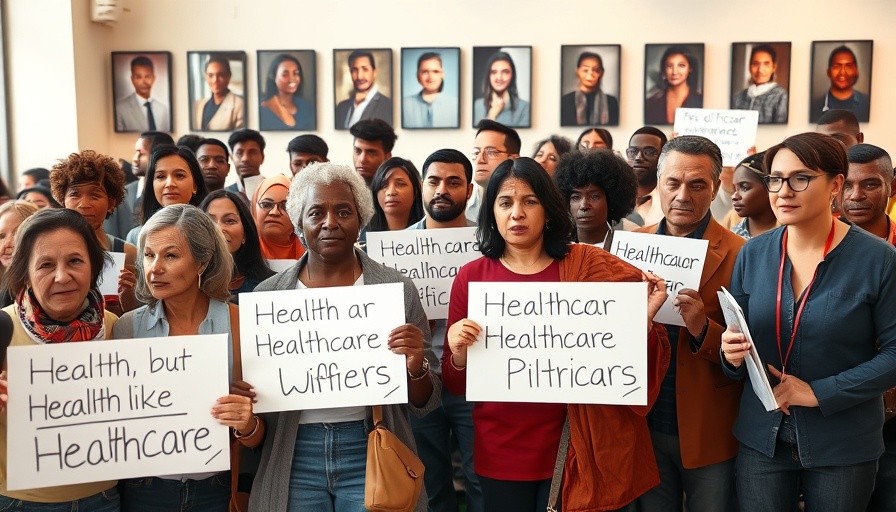
Understanding the Implications of the 2025 Budget Reconciliation Act
The recent passage of the Budget Reconciliation Act of 2025 (H.R. 1) on July 4 by the President sent shockwaves through the health and support systems for older adults in America. This law marks the largest cuts to essential programs, including Medicaid and the Supplemental Nutrition Assistance Program (SNAP), in the nation’s history, amounting to over $1 trillion. The underlying intention is to facilitate tax cuts for higher-income individuals, a move that unjustly jeopardizes the health and financial security of millions of seniors who rely heavily on these programs to meet their basic needs.
Why Older Adults Are Most Vulnerable
The Medicaid program is pivotal for older adults, especially for those with low incomes. It plays a critical role in their access to necessary health services, including long-term care. The sweeping cuts proposed under the new legislation threaten to chase many older adults into precarious situations, stripping them of the financial security they need at a vulnerable stage in their lives. With 15 million people expected to lose health coverage, it's not just a loss of care, but a loss of dignity and stability.
Impacts on Long-Term Care Services
One of the most worrying aspects of the Budget Reconciliation Act is the profound impact on long-term care services. The law restricts eligibility criteria, making it harder for older adults and those with disabilities to access quality long-term care, whether at home or in facilities. This will lead to a greater reliance on institutional care, which is both costly and often inadequate. As states face significant reductions in federal funding, cuts to Home-and Community-Based Services (HCBS) are imminent, placing millions at risk.
Understanding the Immediate Changes
The act puts a halt to previously proposed staffing requirements in nursing facilities, which could lead to chronic understaffing. Health experts estimate that this measure alone may result in approximately 13,000 preventable deaths each year. Moreover, the cap on home equity, set at $1 million without inflation adjustments, poses additional eligibility challenges for older adults seeking Medicaid long-term care coverage.
Exploring the Broader Economic Context
The motivations behind these deep cuts are profound. As government funding retracts from critical services, states will have to make tough decisions, often opting to eliminate beneficial services such as adult dental and vision care, which are not covered by Medicare. This creates a domino effect where the overall health outcomes for older adults dramatically decline, further exacerbating existing inequalities.
Emotional and Human Perspectives
For older adults, the implications of these cuts stretch beyond finances; they touch on the quality of life and emotional well-being. Losing access to necessary care can strip away the very independence that many seniors cherish. Additionally, family members, who often take on caregiving roles, may face tremendous emotional and physical strain as they try to fill the gaps left by program cuts.
Call to Action: Advocating for Seniors’ Rights
Justice in Aging, a crucial advocate for older adults, is actively working to provide resources and tools to minimize the harm inflicted by this legislation. It’s vital for the community to rally around these efforts, ensuring that older adults are not left without support during such critical times. Write to your legislators, get involved with local advocacy groups, and make your voice heard—this is a collective effort to stand up for the health and dignity of senior citizens.
 Add Row
Add Row  Add
Add 




Write A Comment